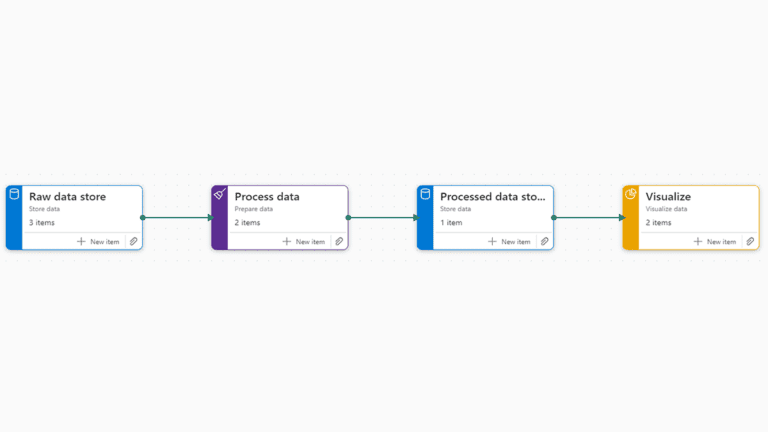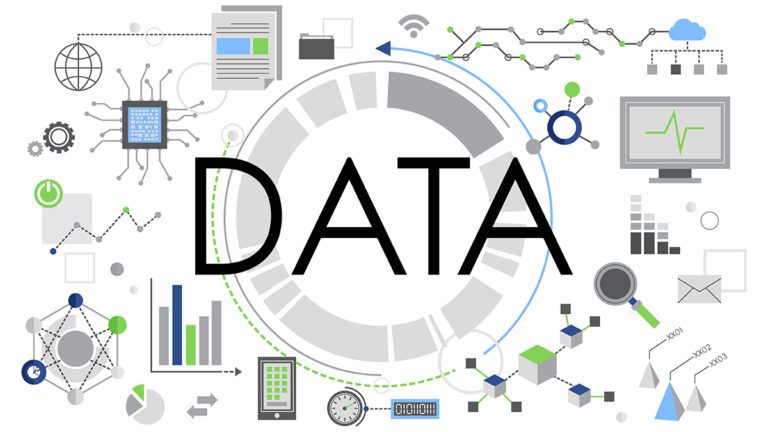In the grand pantheon of modern technological conundrums, few are as perplexing—and sometimes as amusing—as the Great Data Hoarding Dilemma. This quandary, a direct byproduct of our relentless quest for artificial intelligence and machine learning perfection, has transformed data from mere information into a highly prized commodity. Yet, as with all treasures, the management of this digital gold mine comes with its own set of challenges, often teetering on the edge of hilarity.
The Dawn of the Data Deluge
Once upon a time, in the early days of computing, data was akin to a well-behaved pet: small, manageable, and neatly contained within a few megabytes. Fast forward to the present, and data has morphed into an unruly beast, growing exponentially and requiring vast digital warehouses to accommodate its insatiable appetite. Today, every click, tweet, and selfie contributes to this ever-expanding ocean of bits and bytes. It’s as if we’ve collectively decided to emulate digital pack rats, amassing information with the enthusiasm of a squirrel hoarding nuts for a thousand winters.
The Hoarder’s Paradox: To Keep or Not to Keep?
Enter the paradox of the data hoarder: to keep or not to keep? That is the existential question haunting CIOs, data scientists, and IT managers alike. On one hand, data is the lifeblood of AI—more data typically translates to better, smarter algorithms. On the other hand, managing this avalanche of information can feel like trying to organize a library where the books multiply overnight.
Consider the irony: we have sophisticated algorithms capable of recognizing cat videos from a trillion angles, yet we still struggle to efficiently categorize and store this data. It’s a bit like owning a fleet of Ferraris but lacking the garage space to park them.
Storage Wars: The Cloud Strikes Back
Enter the cloud—a seemingly infinite expanse of digital real estate where data can float freely, unburdened by the constraints of physical storage. The cloud has revolutionized data management, offering scalability, flexibility, and cost efficiency. But even this savior has its quirks. For instance, the cloud is not some ethereal entity but rather a network of very tangible, very terrestrial servers that require maintenance, cooling, and energy. So while we might jest about our data floating in the “clouds,” it’s really just hanging out in massive, energy-guzzling data centers, likely in some nondescript location like the middle of Iowa.
Data Hygiene: Cleaning Up the Digital Clutter
Maintaining data hygiene—ensuring data is clean, accurate, and up-to-date—is another piece of this complex puzzle. Think of it as the digital equivalent of tidying up your house. You wouldn’t want to keep expired coupons, old newspapers, and those questionable leftovers from last month, would you? Similarly, organizations must regularly purge outdated or irrelevant data to maintain efficiency and accuracy. However, given the sheer volume of data, this is easier said than done. It often requires sophisticated tools and meticulous planning, somewhat akin to spring cleaning with a Roomba army.
The Ethical Frontier: To Infinity and Beyond!
Beyond the practicalities lies the ethical frontier. Data hoarding in the AI era raises significant concerns about privacy, security, and consent. Collecting and storing vast amounts of personal data without adequate safeguards is akin to building a house of cards on a windy day—it’s only a matter of time before it all comes crashing down. High-profile data breaches and scandals serve as sobering reminders that with great data comes great responsibility.
Moreover, the biases inherent in data sets can perpetuate and even exacerbate societal inequalities. Thus, navigating the ethical minefield of data management requires not just technical prowess but also a strong moral compass. In other words, it’s not just about building smarter AI, but fairer, more equitable systems.
Embracing the Chaos with a Smile
As we continue to chart the turbulent waters of the AI era, the Great Data Hoarding Dilemma remains both a challenge and an opportunity. With the right strategies, technologies, and ethical considerations, we can transform this tidal wave of data into a wellspring of innovation. And while the journey may be fraught with pitfalls, a touch of humor can go a long way in making the process more bearable.
So, let’s embrace the chaos, organize our digital clutter, and perhaps, occasionally, laugh at the absurdity of it all. After all, in the grand narrative of technological advancement, a bit of comic relief is always welcome.



